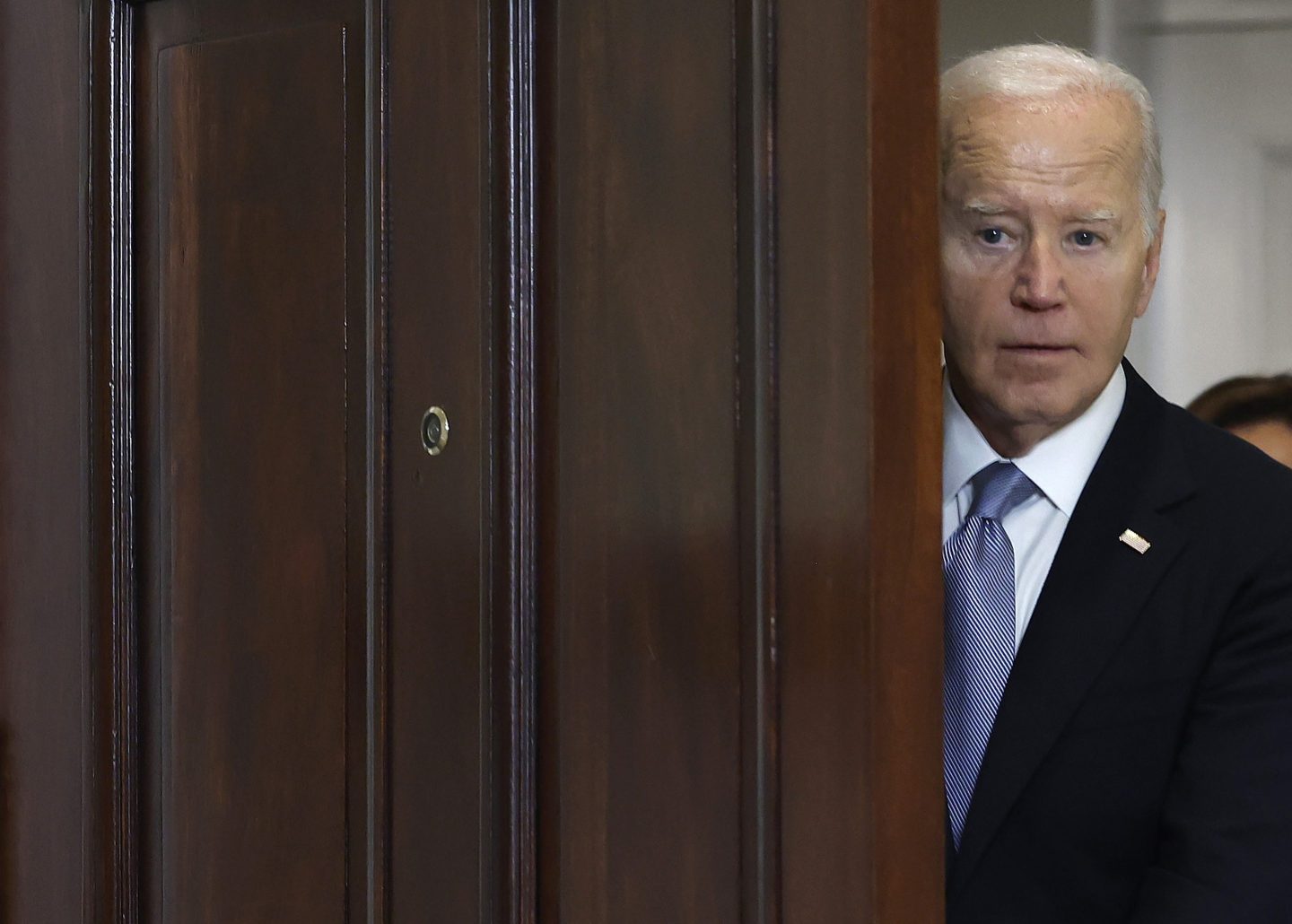President Joe Biden’s abrupt exit from the campaign on Sunday leaves a giant pot of money up for grabs with the Democratic National Convention just a month away.
According to the latest Federal Election Commission filings, Biden’s campaign entered July with $96 million, after spending $243 million through the end of June. That doesn’t include money the that the national Democratic Party apparatus and allied political action committees have.
But July’s fundraising likely started off slow as top donors worried about Biden’s election prospects after his disastrous debate performance in late June, with many reportedly refusing to contribute unless he dropped out.
Meanwhile, Donald Trump has been quickly closing the money gap he had earlier this year with Biden and likely saw a surge after last week’s assassination attempt. According to the FEC, Trump’s campaign had $128 million in the bank at the end of last month.
Vice President Kamala Harris, whom Biden endorsed to take his place on the ticket, can access the campaign money most easily. Biden’s main campaign committee changed its name Sunday from “Biden for President” to “Harris for President,” according to a letter it sent to the FEC.
Because Biden and Harris share a campaign committee, she can continue using the existing funds for the general election if she is on the Democratic ticket as either the presidential or vice-presidential nominee, according to a note Sunday from Trevor Potter, who is a former FEC chairman and currently the president of the Campaign Legal Center.
“A major party’s presumptive nominee stepping down months before Election Day is not an ordinary event, but it is also not a crisis,” he wrote, adding that there are Democratic Party rules and FEC rules that govern where the money can go.
If Harris isn’t on the ticket, campaign committees are subject to federal rules, which limit candidate-to-candidate contributions to $2,000 per election, Potter explained.
The Biden campaign can also refund its donors or transfer its funds to the national Democratic Party or state parties, he said. The committees can then spend some funds in coordination with the eventual nominee.
Aside from the Biden campaign money, Harris is poised for a big haul in her own right. Any nomination won’t be official until the DNC, and Harris said Sunday she intends “to earn and win this nomination.” Top Democratic donors Alex Soros and Reid Hoffman already pledged support for Harris.
Other donors told the New York Times on Sunday that they immediately began mobilizing for her, with one Silicon Valley bundler raising more than $1 million in just a half hour.
Meanwhile, Gretchen Sisson, a top Democratic bundler and Harris supporter, told the Times that her phone “is exploding.”
“Lots of folks are asking where to contribute, what they can do to support the campaign, and wanting to write more. People who were committed but worried are now excited and energized,” she said.













